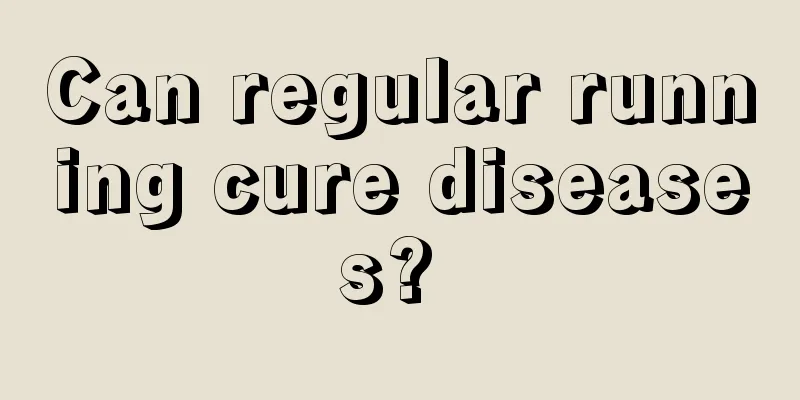Can hypokalemia be cured?

|
Hypokalemia is a condition in which the serum potassium in the human body is lower than a certain value. This is an internal medicine disease. Of course, whether hypokalemia can be cured is also a concern for many people. If hypokalemia is discovered early, it can be cured with timely treatment, and attention should also be paid to potassium supplementation. 1. Treatment policy Emergency measures should be taken to treat acute hypokalemia; for chronic hypokalemia, as long as the blood potassium is not lower than 3mmol/L, the cause can be checked first and then treated accordingly. During potassium supplementation, blood potassium and magnesium concentrations should be monitored and water and other electrolyte metabolism disorders should be corrected. 2. Potassium supplement Determined by blood potassium level. People with blood potassium levels between 3.5 and 4 mmol/L do not need additional potassium supplements. They just need to eat more foods rich in potassium, such as fresh vegetables, fruit juice and meat. When blood potassium is between 3.0 and 3.5 mmol/L, potassium should be supplemented according to the specific situation. Potassium supplements should be taken if the patient has had arrhythmia, congestive heart failure, heart failure being treated with digitalis, ischemic heart disease, or a history of myocardial infarction. Those who are generally in good condition may only be encouraged to eat foods rich in potassium or take oral potassium preparations. Those with blood potassium levels below 3.0mmol/L should take potassium supplements. Serum potassium and magnesium should be monitored during oral potassium preparations. If the blood magnesium level is lower than 0.5mmol/L, magnesium sulfate should be supplemented. 3. Daily conditioning Pay attention to food hygiene, actively treat the primary disease, ensure the floor is clean and free of obstacles, ensure that the patient's clothes fit properly and do not get in the way, that the shoes are of the right size, and that the soles are non-slip. 4. Diet adjustment Eat more foods rich in potassium, such as fresh vegetables, bananas, oranges and meat. 5. Correct water and other electrolyte metabolism disorders Many of the causes of hypokalemia can simultaneously cause the loss of water and other electrolytes such as sodium and magnesium. Therefore, they should be checked promptly and must be actively treated once discovered. |
<<: What are the symptoms of hypokalemia
>>: What to eat to supplement potassium for hypokalemia
Recommend
Can melanoma be cured
The incidence of melanoma is not high, but once t...
What to do if shampoo gets into eyes
For the sake of personal hygiene, people wash the...
How to deal with mild suppuration of wounds?
Whether it is a scrape or a bruise, there will be...
Try these tips to treat urinary tract inflammation
Urinary tract inflammation is mostly caused by ba...
The key to osteosarcoma prevention
Many osteosarcoma patients wait until they experi...
What is the correct sleeping posture?
Some people may find this topic funny, because we...
Can Traditional Chinese Medicine Cure Melanoma?
Can Chinese medicine cure melanoma? Chinese medic...
Is kidney deficiency the cause of lower back pain in men?
In life, many men often feel back pain, and have ...
What is the difference between lip glaze and lip gloss?
Lip makeup is one of the tools frequently used by...
How long after eating durian can I drink milk
Durian is a fruit that many people like to eat. A...
What causes dull chest pain?
A dull pain in the chest is a common symptom amon...
What causes hamartoma?
As the pace of life accelerates, work pressure, p...
Can puppies get rabies?
Normally, if we see some cute puppies or kittens ...
Nosebleed Diagnosis and Treatment?
Nosebleed is a very common disease in clinical pr...
How to clean the mattress if there is menstrual blood on it
Many people have experienced this situation. Duri...









